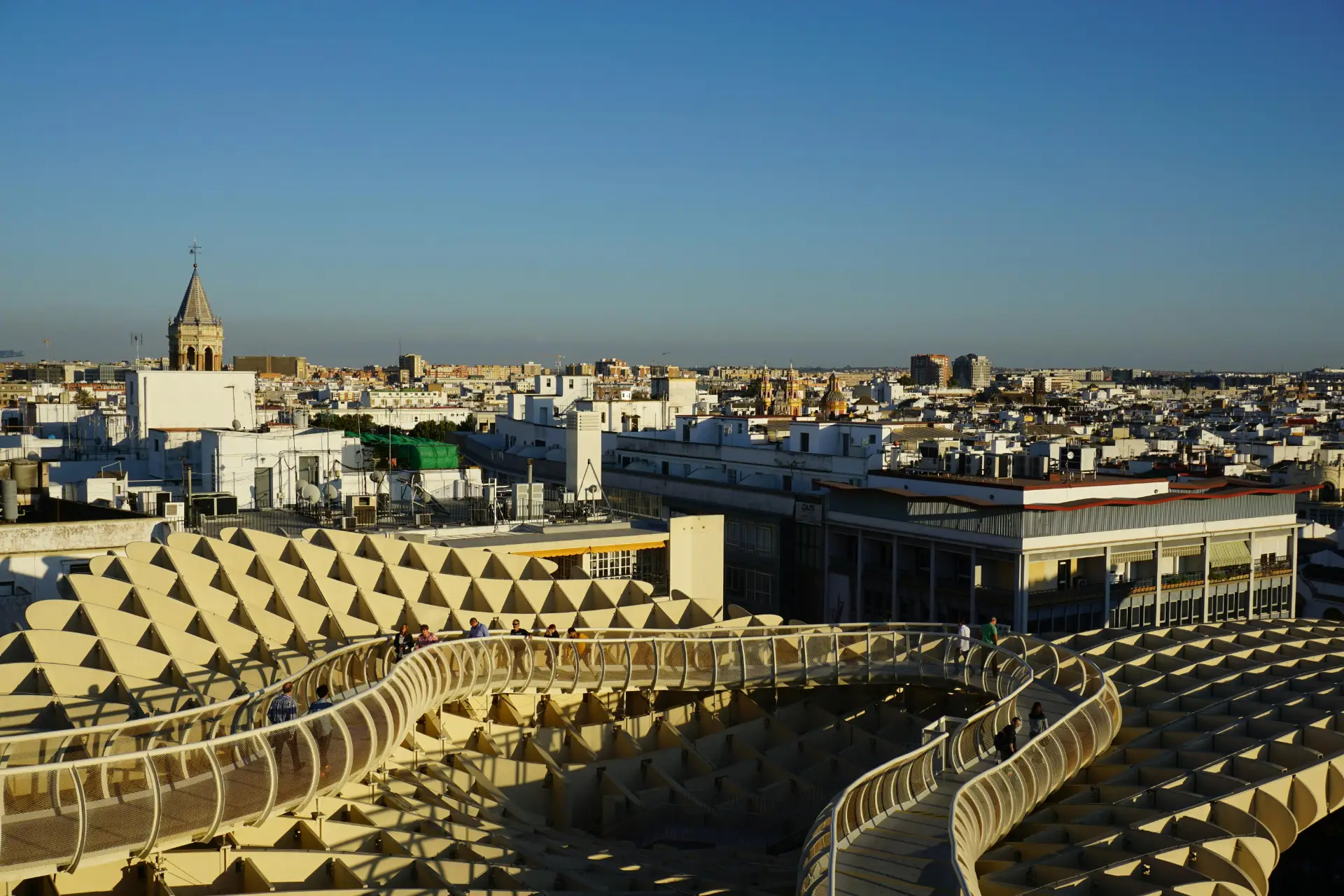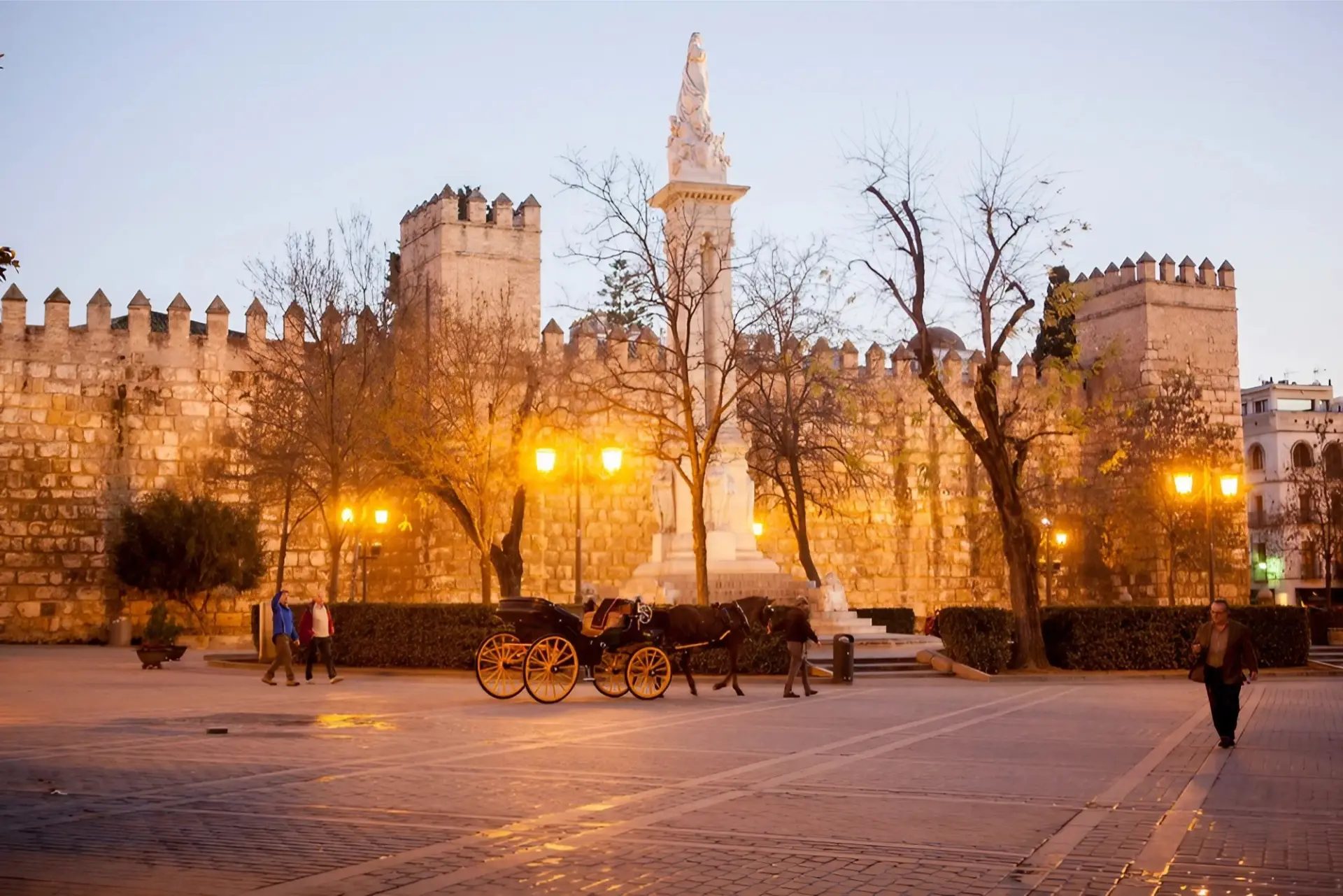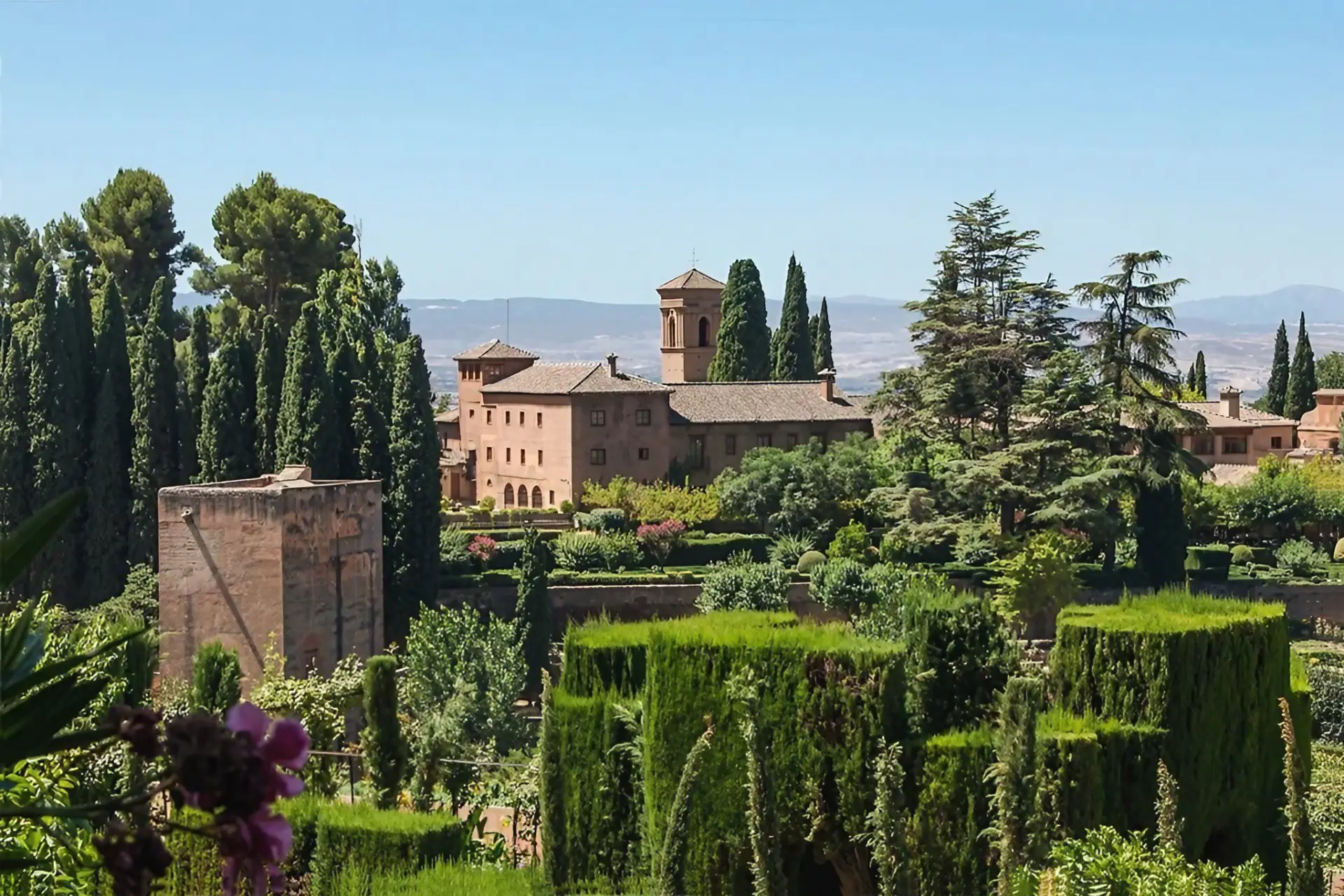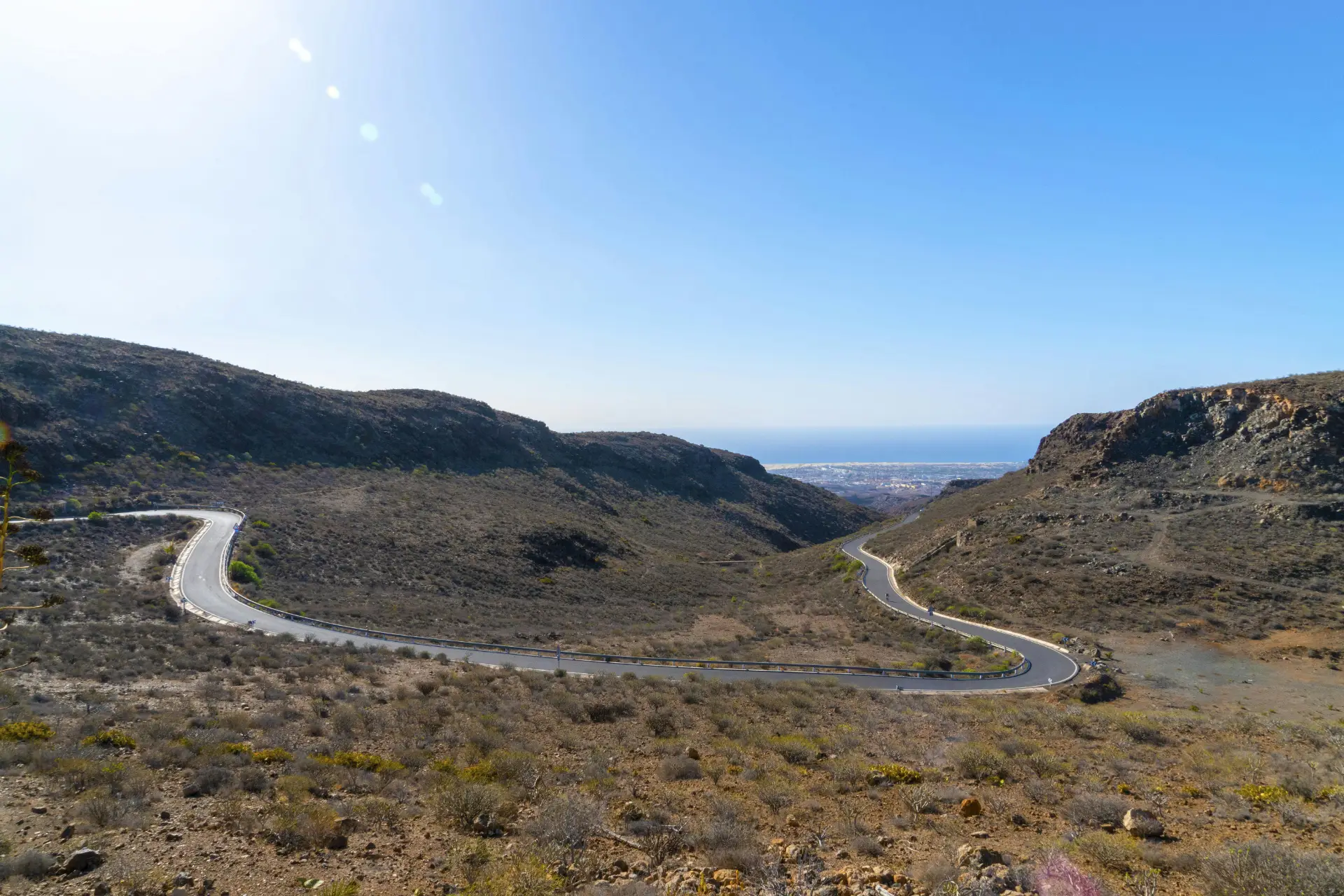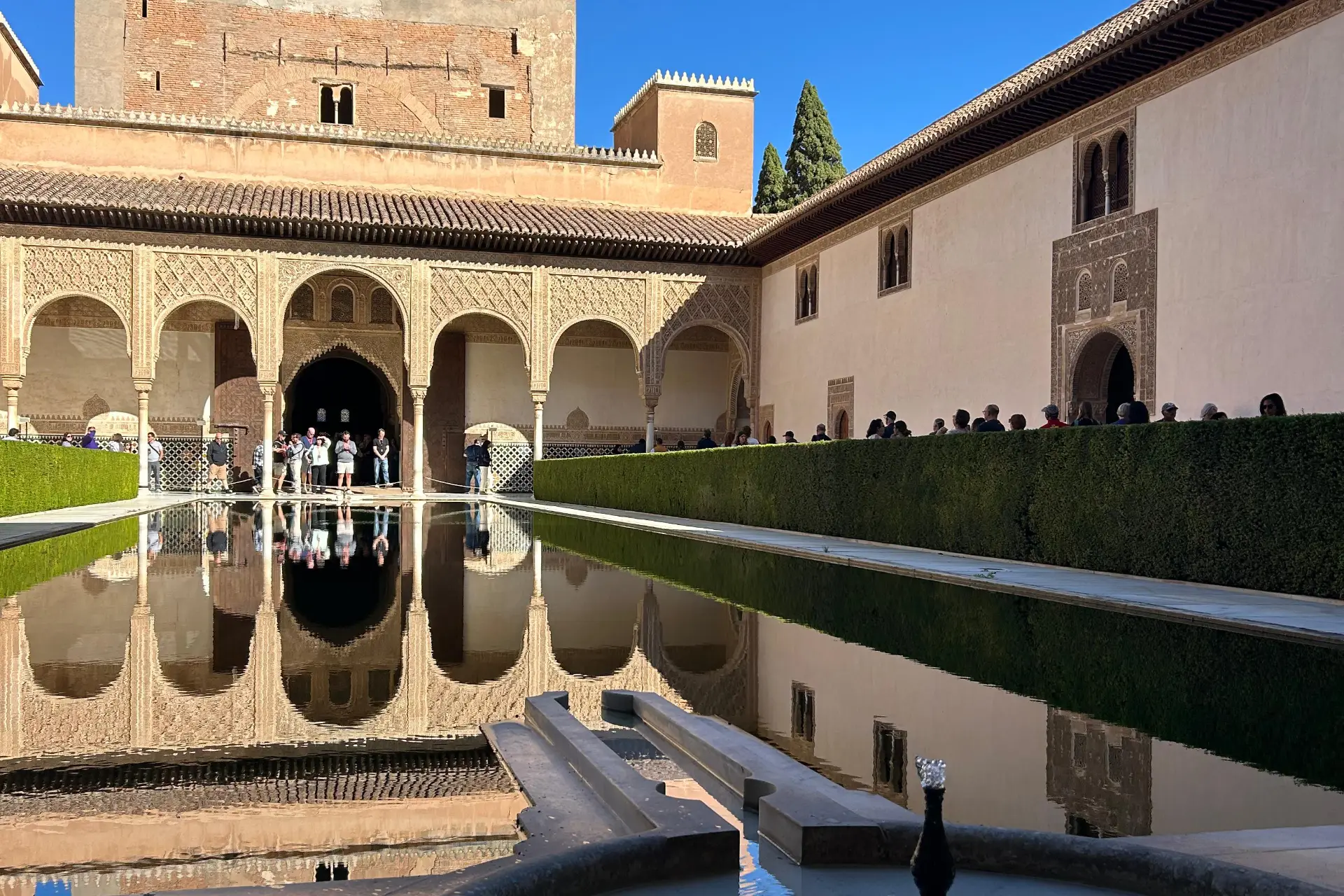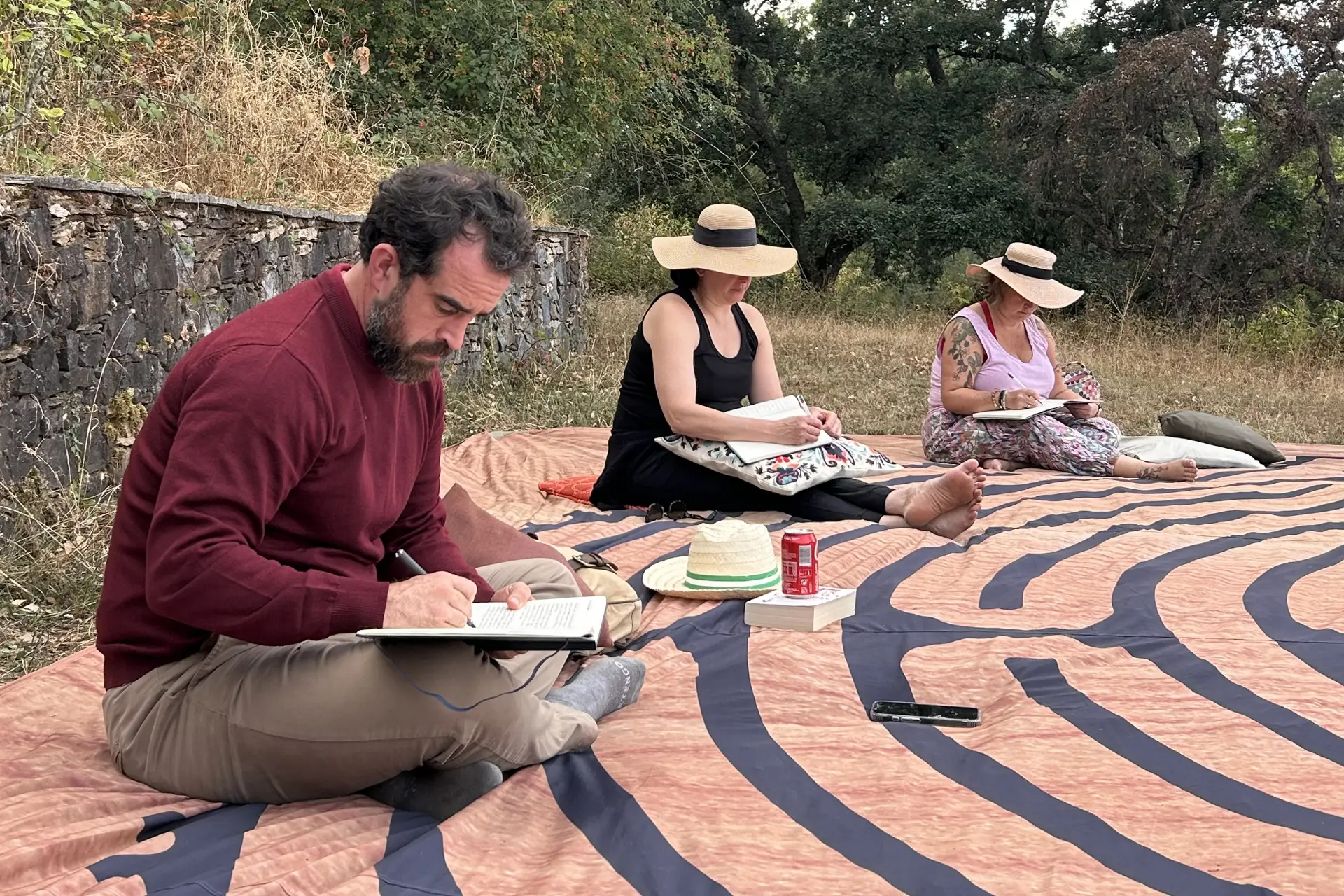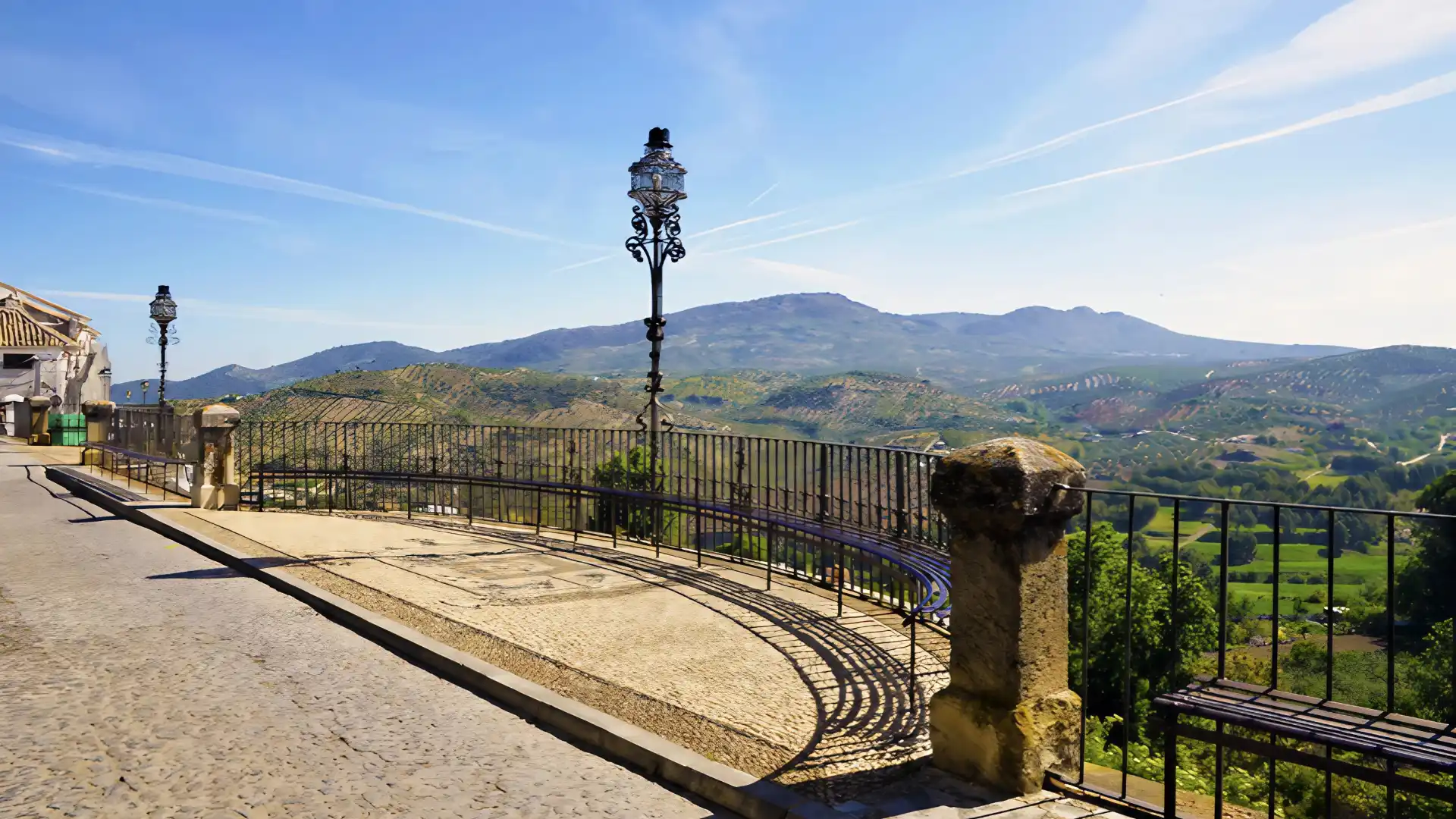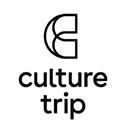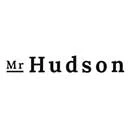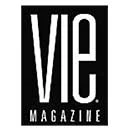In the heart of Andalucia, Córdoba is a captivating city celebrated not only for its architectural wonders but also as a historic epicentre of intellectual and cultural achievement.
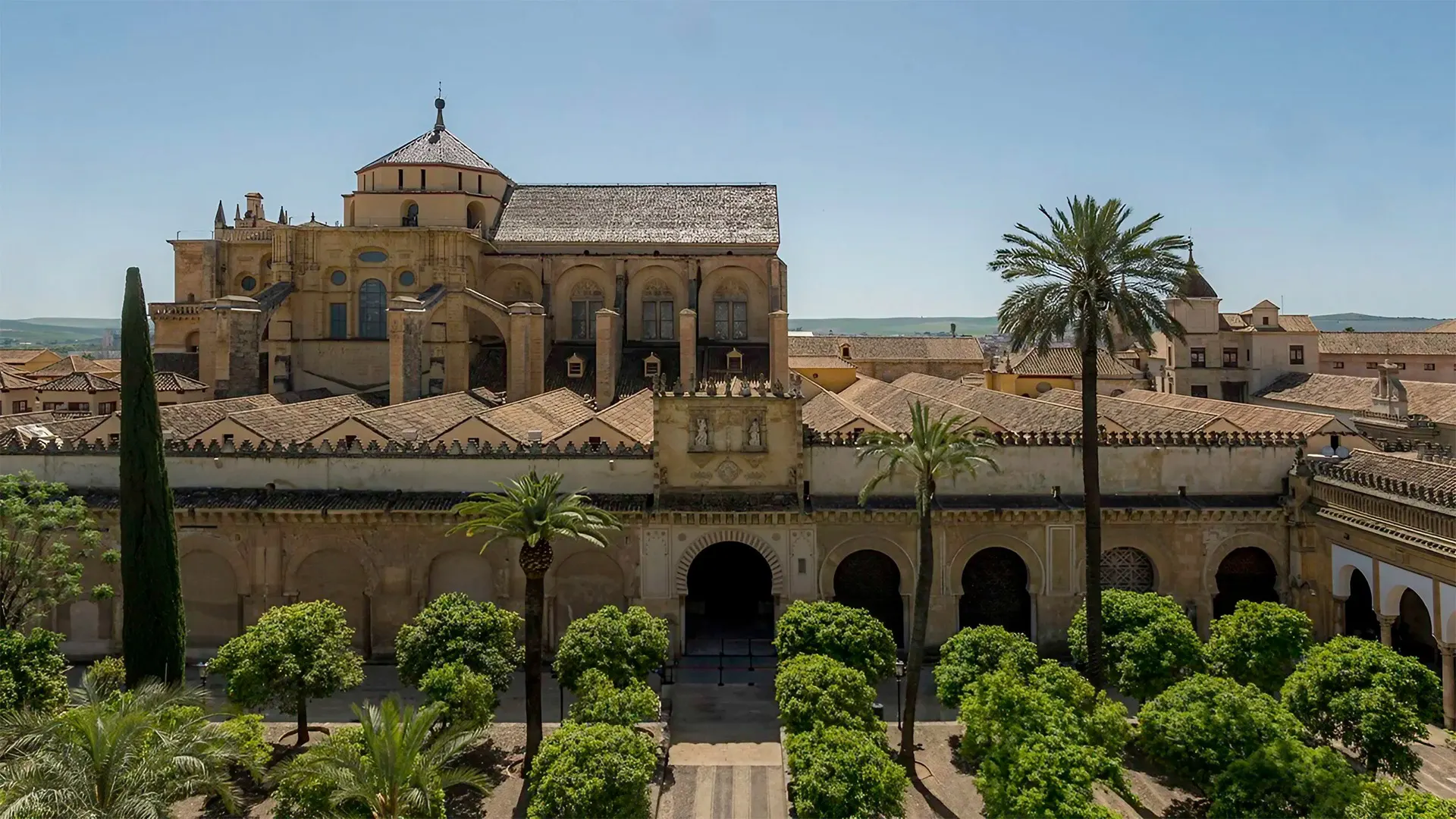
Known as a bridge between East and West, Córdoba’s history as a centre of learning reached its peak during the Caliphate of Córdoba, becoming a place where scholars of diverse backgrounds gathered to advance the fields of medicine, philosophy, science, and the arts.
A Golden Age of Learning
During the 10th and 11th centuries, Córdoba was one of the most sophisticated cities in the world. Under the rule of the Umayyad dynasty, it emerged as the most important intellectual hub in Europe. This period saw an unprecedented flourishing of knowledge as libraries and academies sprung up throughout the city. Scholars and students from the Islamic world, as well as Jewish and Christian intellectuals, gathered here to exchange ideas and foster learning, laying a foundation for the Renaissance that would later sweep across Europe.
The Great Library of Córdoba was reputed to hold hundreds of thousands of manuscripts, rivalling the collections of even the famed Library of Alexandria. Córdoba was a city of learning and enlightenment, a place where the flow of knowledge was cherished as deeply as the material wealth amassed by the caliphs.
Intellectual Exchange and Multiculturalism
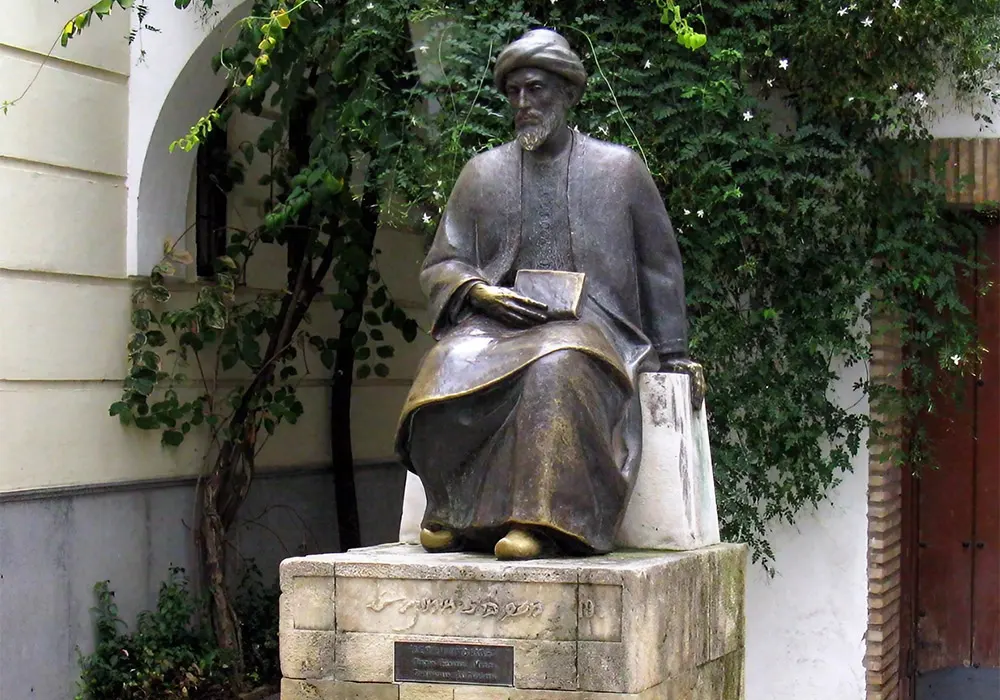
Córdoba’s intellectual landscape was diverse, shaped by the convergence of different cultures and religious traditions. The city exemplified convivencia, a unique co-existence of Muslims, Christians, and Jews who shared not only a physical space but also a commitment to mutual respect and shared learning. This multicultural environment encouraged scholars from all backgrounds to interact and learn from one another, leading to groundbreaking advancements.
Jewish scholars such as Maimonides, one of the most influential Jewish philosophers of the Middle Ages, and Muslim scholars like Ibn Rushd (Averroes), an early proponent of Aristotelian philosophy, made invaluable contributions. Their works, often written in Arabic or Hebrew, would eventually be translated into Latin, bringing ancient and contemporary ideas into Europe.
Legacy of Scientific and Philosophical Innovation
Córdoba’s scientific and philosophical achievements were just as profound as its cultural impact. Fields like astronomy, mathematics, and medicine saw significant advancements due to the work of scholars such as Al-Zahrawi, whose surgical texts were used for centuries across Europe. Cordoban astronomers also made substantial strides, mapping constellations and refining mathematical tools, which would influence the field of navigation for generations.
The city was also a central node in the trade of ideas, where scientific and philosophical texts from ancient Greece, Persia, and India were translated into Arabic and then disseminated across the Mediterranean and beyond. This intellectual cross-pollination would later fuel European scholars’ curiosity, leading to an era of scientific inquiry and humanistic philosophy.
Córdoba’s Architectural Homage to Knowledge
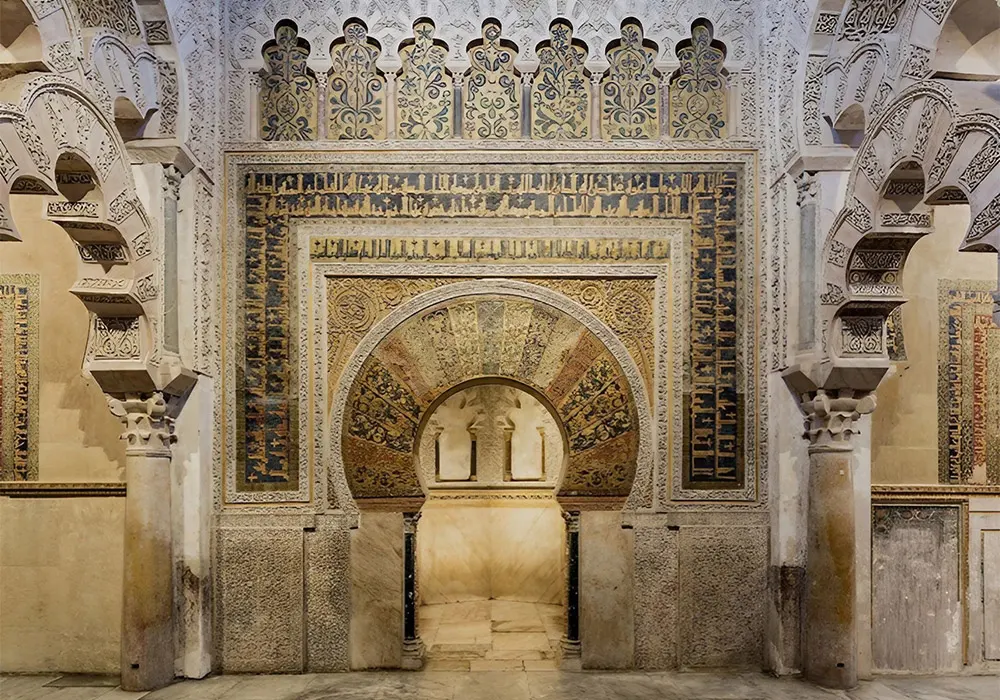
Walking through Córdoba today, the physical spaces echo the city’s past as a centre of learning and enlightenment. The iconic Mezquita-Catedral, originally built as the Great Mosque of Córdoba, is testament to the architectural and intellectual prowess of its time. Its impressive arches, intricate carvings, and cavernous spaces were built to inspire awe and contemplation, a fitting homage to a society that valued learning and introspection.
The Judería, Córdoba’s historic Jewish quarter, remains a reminder of the intellectual contributions of the Jewish community, with narrow, winding streets that lead to the Synagogue of Córdoba, one of the few remaining in Spain. In these historic districts, visitors are invited to ponder the city’s legacy, sensing the echoes of ancient debates and groundbreaking ideas that shaped the course of European history.
Discover the Legacy of Córdoba’s Intellectual Golden Age
TOMA & COE offers unique insights into Córdoba’s historical richness, providing travellers with experiences that reveal the city’s pivotal role as a cradle of knowledge and culture. From guided tours of the Mezquita-Catedral to explorations of the Judería and beyond, TOMA & COE’s tours encourage guests to immerse themselves in the spirit of discovery that defined Córdoba’s Golden Age.
In 2025, TOMA & COE offers a new tour: Al-Andalus: A tour of Moorish Spain
Join us as renowned historian and author Jason Webster guides you on an exclusive tour into the heart of Moorish Spain. The journey is designed to immerse you in the sights, sounds, and stories of the era, all while providing expert insights to deepen your experience.
Cordoba, Granada and Seville await – contact us today to book your place.



